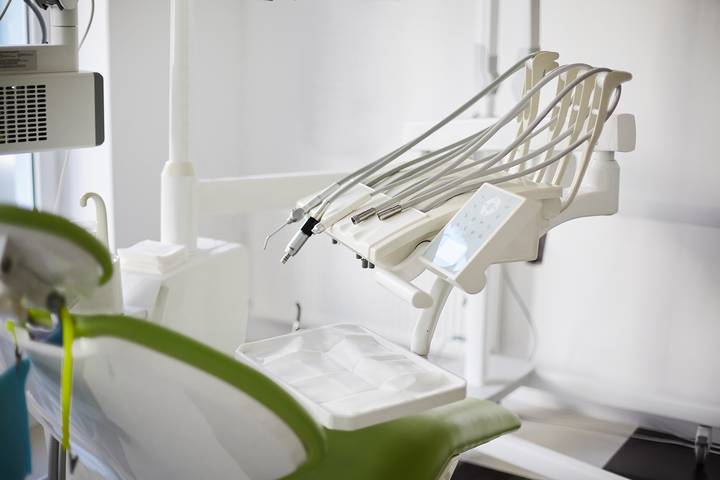Looking around any dental office, you’ll find special tools and supplies that help keep smiles healthy and bright. Whether you visit the dentist for a routine check-up or a complex procedure, these supplies ensure your dentist visit is safe and comfortable and help keep your teeth in tip-top shape.
All the tools and machines you find in a dental office are incredibly valuable. They’re the secret behind how dentists check and fix your teeth. With these tools, dentists can do amazing things to keep your teeth healthy and make you feel confident about your smile.
From DenMat supplies to protective gear, dentists must be equipped with various tools and equipment. Let’s look at these essential items in every dental office and learn how they help dentists care for our oral health.
1. Examination Instruments
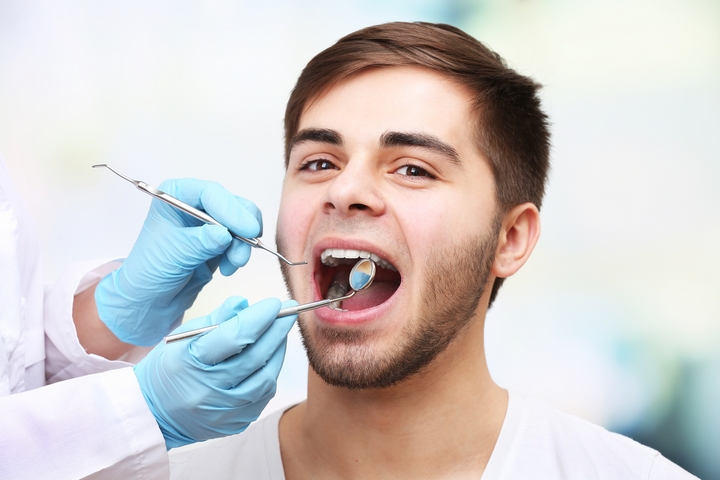
Regular dental check-ups involve tools like mirrors, probes, and explorers, which are crucial in assessing oral health. Mirrors allow dentists to see hidden areas, probes help measure the health of your gums by checking for signs of inflammation or disease, and explorers detect cavities or other issues.
Dentists can identify problems immediately using these tools during examinations, enabling prompt treatment and preventive care. This proactive approach maintains your smile’s health today and ensures it lasts, keeping your teeth and gums in excellent shape for years.
2. Anesthesia Supplies
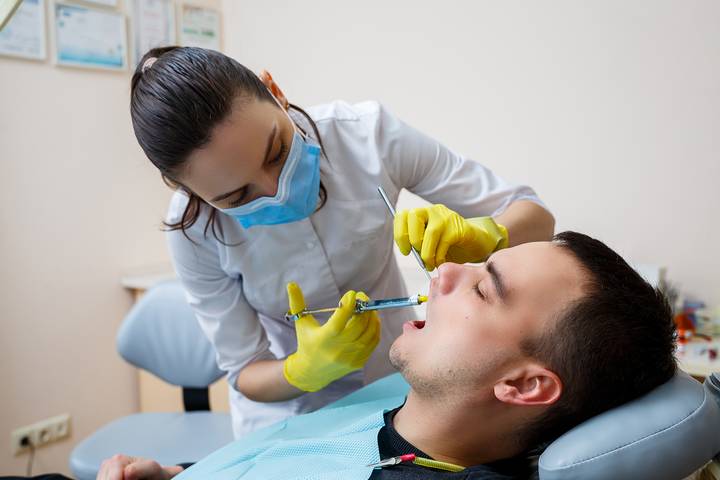
Anesthesia supplies are vital for creating a comfortable dental experience. Dentists use specialized syringes to deliver local anesthetics such as lidocaine, numbing targeted areas in the mouth. This ensures patients’ comfort and helps them relax during procedures, minimizing potential discomfort or pain.
This encourages a positive dental experience, encouraging everyone to maintain regular visits and prioritize their oral health without anxiety or apprehension.
3. Dental Restorative Materials
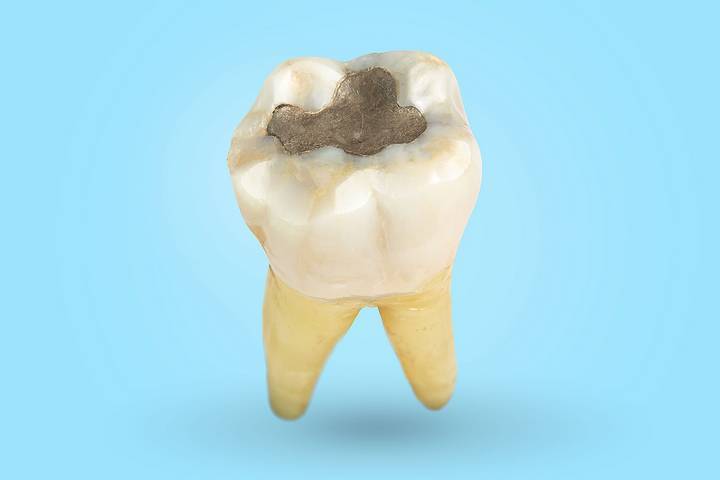
Dental restorative materials are essential tools in a dental office to fix teeth affected by cavities or damage. Materials like composite resins, amalgam, and ceramics help dentists restore teeth to their natural shape and function. These materials are used because of their durability and ability to blend with natural teeth for a seamless finish.
By using these materials, dentists can restore smiles, prevent further damage, and ensure that teeth look and work as well as new teeth, promoting lasting oral health for their patients.
4. Protective Gear
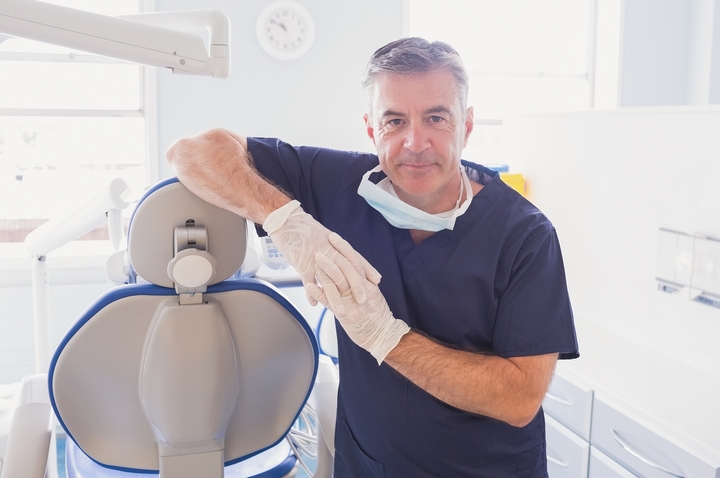
Personal Protective Equipment (PPE) at the dentist includes gloves, masks, and eyewear worn by dental professionals. These items safeguard both patients and staff by preventing the spread of germs and protecting against infections. Gloves shield hands from contact with saliva or blood, while masks cover the mouth and nose, filtering out harmful particles.
Eyewear shields the eyes from potential splashes or sprays. PPE is crucial in maintaining a sterile environment, ensuring everyone’s safety during treatments. By wearing this protective gear, dentists uphold strict hygiene standards, minimize health risks, and create a secure environment for all dental procedures.
5. Dental Handpieces and Burs
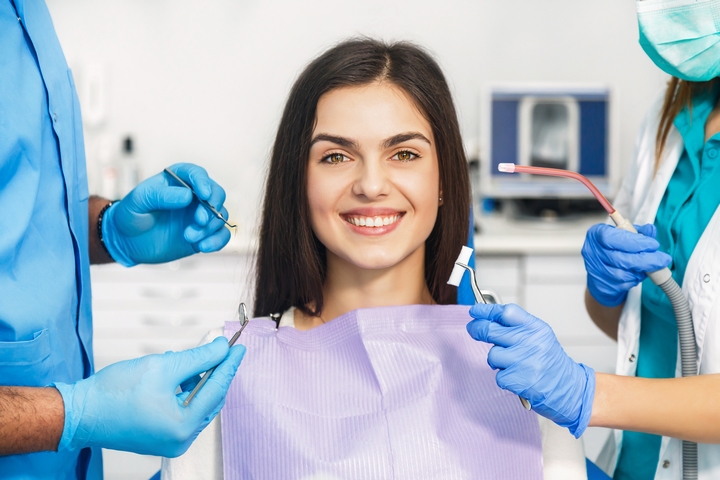
Dental handpieces are handheld drills that emit that distinctive sound we all recognize when we visit the dentist. These devices work with different small tips called burs, which come in various shapes. Together, they help dentists do specific jobs, like removing decay or preparing teeth for fillings.
The handpieces’ high-speed rotation and different bur shapes allow for precise work, ensuring accuracy while preserving healthy tooth structure. These tools are essential in dental care, helping dentists perform their work with precision and care.
6. Oral Hygiene Products
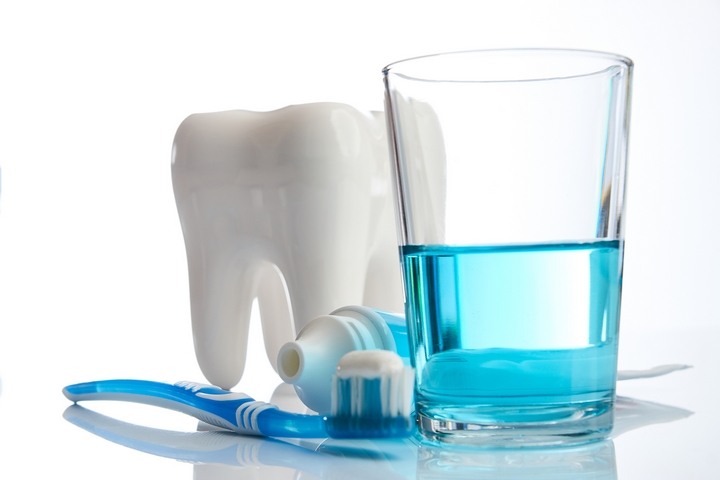
Oral hygiene products in dental offices go beyond routine check-ups, offering a range of essentials for patients. Toothbrushes and toothpaste of varying formulations cater to diverse needs, from whitening to sensitivity. Specialized mouthwashes provide additional protection, targeting issues like dry mouth.
Dental floss and interdental brushes aid in thorough cleaning between teeth. By offering high-quality oral hygiene tools, dental offices contribute to preventive care, ensuring patients have the right instruments to support their dental well-being at home.
7. Sterilization Equipment
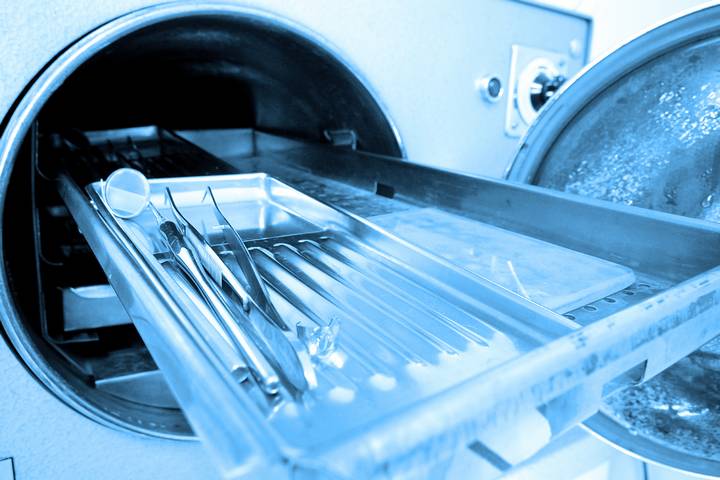
Sterilization equipment in dental offices ensures a clean and safe environment for treatments. Autoclaves and ultrasonic cleaners thoroughly sterilize dental instruments to prevent infections. Sterilization pouches keep tools safe and germ-free until use.
Dental offices adhere to strict hygiene standards by using these tools, ensuring every instrument is pristine and ready for procedures. This meticulous sterilization routine is fundamental, upholding the highest standards of cleanliness for optimal patient health and well-being.
8. Dental Irrigation Solutions
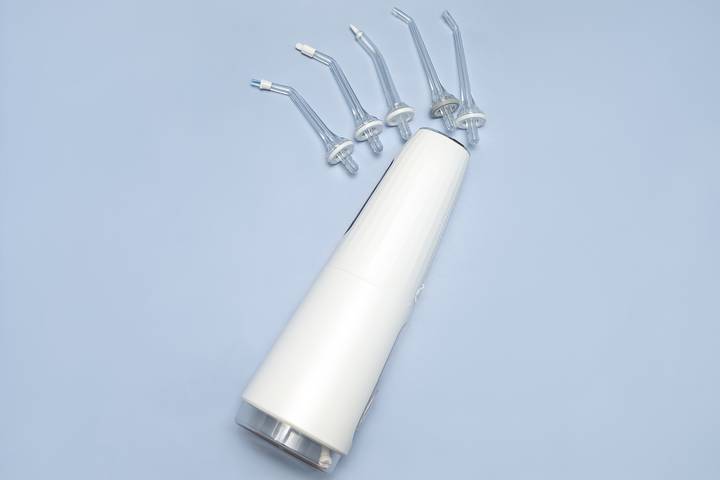
During deep cleaning procedures or periodontal treatments, dental irrigation solutions like saline or antimicrobial solutions are used to cleanse and rinse the treatment area, reducing bacterial load and promoting healing.
9. Patient Education Materials
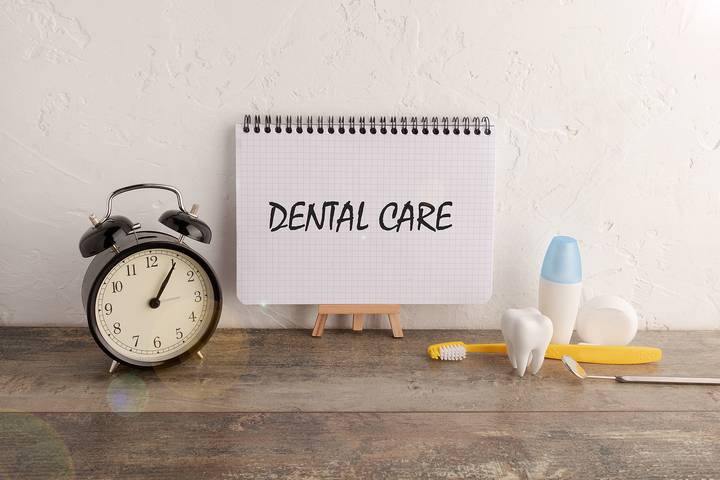
Educating patients about oral health is integral to preventive care. Dental offices often provide pamphlets, charts, and visual aids to inform patients about oral hygiene practices and treatment options.
By providing accessible and comprehensive educational resources, dental offices empower patients to take ownership of their oral hygiene, encouraging informed decisions and habits that contributing to long-term dental wellness.

